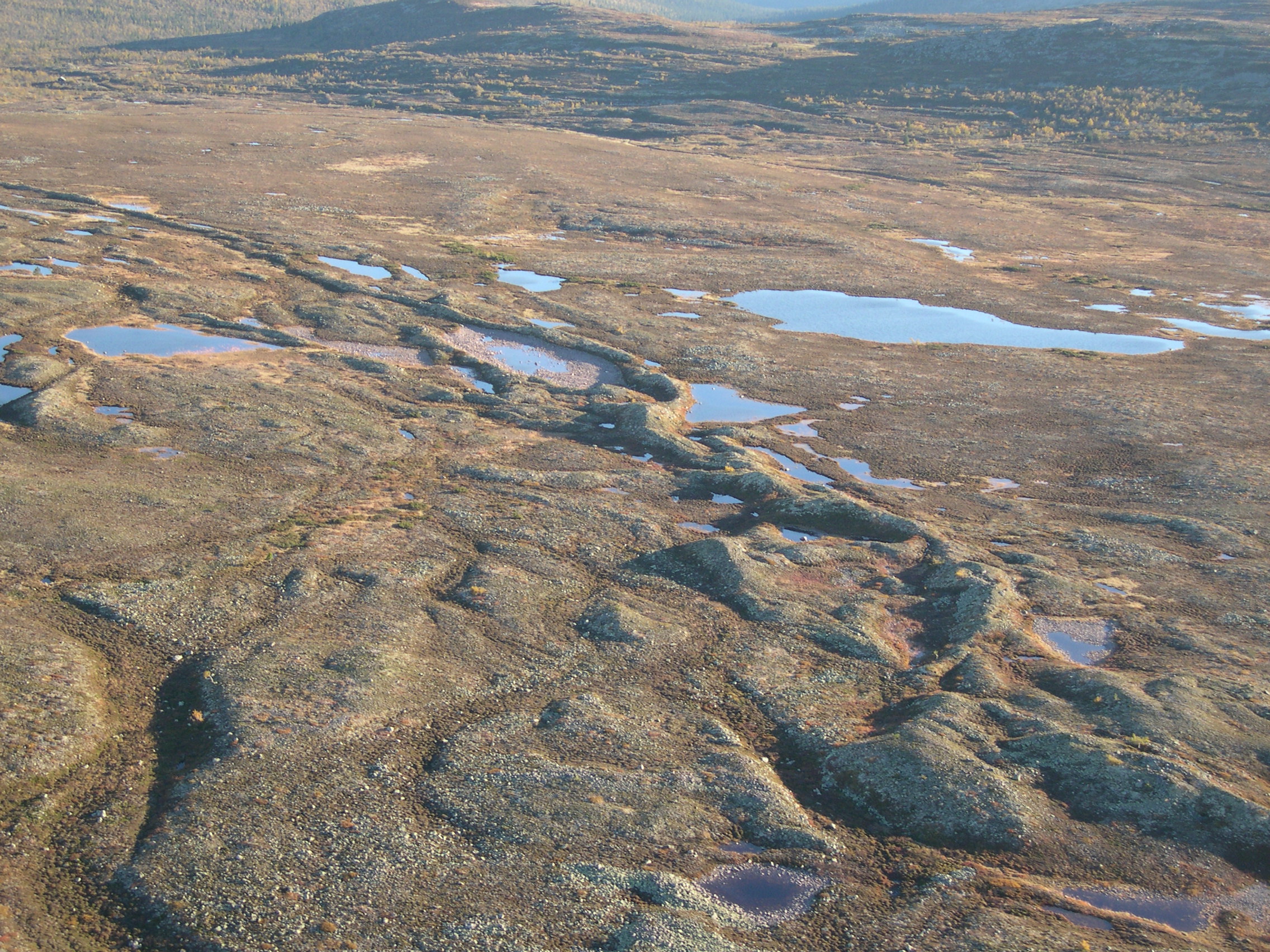|
Lau (crater)
Lau Crater is an impact crater in the Mare Australe quadrangle of Mars, located at 74.4°S latitude and 107.8°W longitude. It is 104.9 km in diameter. It was named after Danish astronomer Hans E. Lau, and the name was approved in 1973 by the International Astronomical Union (IAU) Working Group for Planetary System Nomenclature (WGPSN). The curved ridges observed on the crater floor are believed to be eskers, which form when streams run under a glacier.Namowitz, S., D. Stone. 1975. Earth Science The World We Live In. American Book Company. New York. These eskers would indicate a large, thick sheet of ice once covered this region. Dark lines in close view image are dust devil tracks Martian dust devils (dust devils on Mars) were first photographed by the Viking orbiters in the 1970s. In 1997, the Mars Pathfinder lander detected a dust devil passing over it. In the first image below, photographed by the Mars Global Surveyor, .... See also * List of craters on Ma ... [...More Info...] [...Related Items...] OR: [Wikipedia] [Google] [Baidu] |
Eskers
An esker, eskar, eschar, or os, sometimes called an ''asar'', ''osar'', or ''serpent kame'', is a long, winding ridge of stratified sand and gravel, examples of which occur in glaciated and formerly glaciated regions of Europe and North America. Eskers are frequently several kilometres long and, because of their uniform shape, look like railway embankments. Etymology The term ''esker'' is derived from the Irish word ''eiscir'' (Old Irish: ''escir''), which means "ridge or elevation, especially one separating two plains or depressed surfaces". The Irish word was and is used particularly to describe long sinuous ridges, which are now known to be deposits of fluvio-glacial material. The best-known example of such an ''eiscir'' is the '' Eiscir Riada'', which runs nearly the whole width of Ireland from Dublin to Galway, a distance of , and is still closely followed by the main Dublin-Galway road The synonym ''os'' comes from the Swedish word ''ås'', "ridge". Geology Most esker ... [...More Info...] [...Related Items...] OR: [Wikipedia] [Google] [Baidu] |

